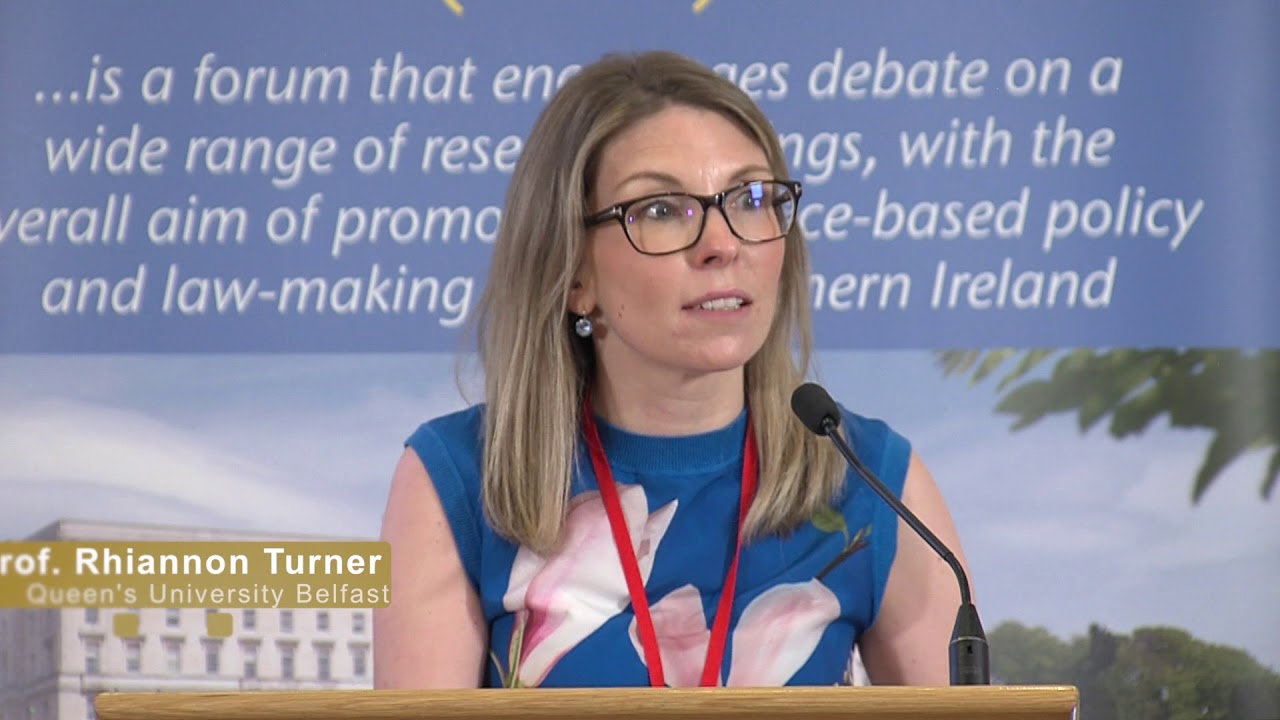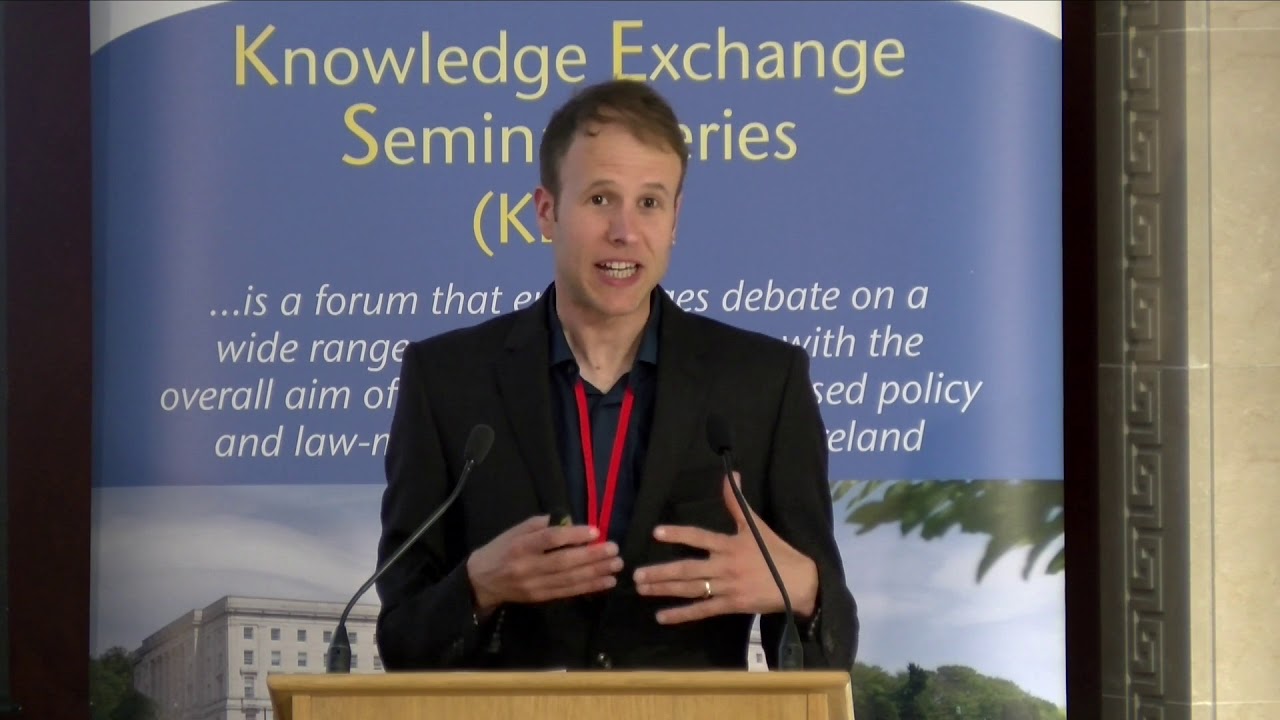Religion and National Identity in Northern Ireland: A Longitudinal Perspective 2001-2011
Dr Ian Shuttleworth (QUB): Religious denomination is a key element in understanding Northern Ireland society and politics, as it is often equated with national identity and voting intentions. It is also significant in informing debates about equality and resource allocation. Usually it is understood as a two-group ‘green and orange’ issue – Protestants/Unionists and Roman … Read more






